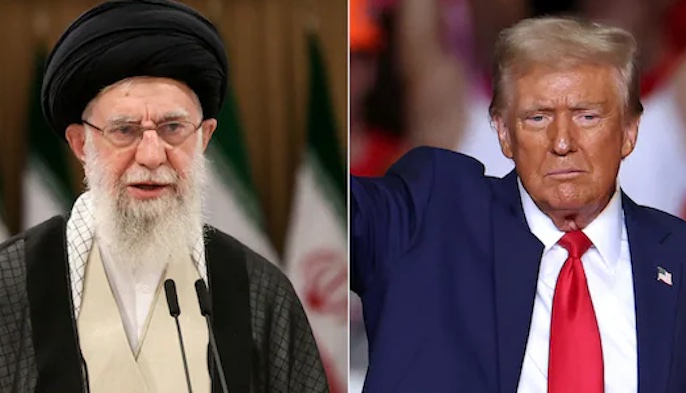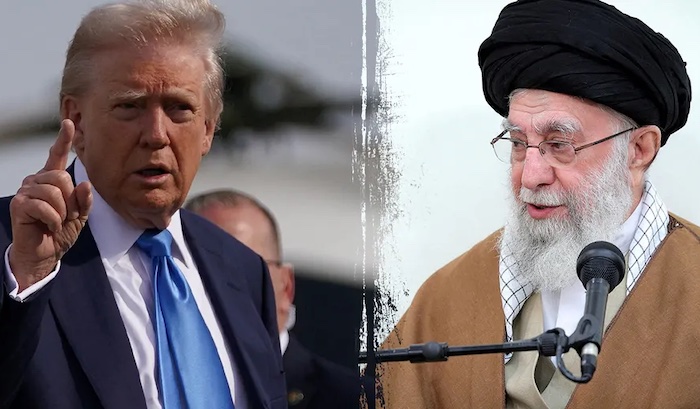
Screenshot

On July, 2025, Uganda Electricity Distribution Company Limited (UEDCL) launched its “WETEREZeeee” amnesty campaign urging households and businesses with illegal or tampered electricity connections to legalize their supply by September 30, 2025, without penalties.
Paul Mwesigwa, the UEDCL managing director, called it a “one-off opportunity” to enhance safety and reduce losses. But can a temporary amnesty, however well-intentioned, dismantle a decades-old culture of power theft in Uganda, or is it merely a Band-Aid on a deeper, systemic wound?
Power theft costs Uganda billions annually, with system losses at 17.3% in 2024. Beyond financial hemorrhage, illegal connections fuel deadly accidents. For instance, 18 fatalities were reported last year due to unsafe wiring.
Engineers warn that these illegal connections destabilize the national grid, risking outages and infrastructure damage. Yet, despite these stakes, the campaign’s success hinges on addressing a core issue: affordability.
As one resident of the busy and chaotic Kisenyi candidly confessed, “Brokers charge less than the official UEDCL fees. The amnesty sounds good, but I can’t afford to legalize,” noted the resident during a TV interview.
This sentiment exposes a glaring flaw amnesty that without affordability, reforms is like offering a ladder without rungs. Why has power theft persisted for so long? The answer lies in a toxic mix of bureaucratic inefficiencies, high connection costs, and weak enforcement.
UEDCL’s new connection process is notoriously slow, often outpaced by Uganda’s rapid urban housing boom. Informal settlements like Kisenyi sprout faster than UEDCL can install meters, pushing residents toward cheaper, illicit alternatives.
The Electricity Act threatens fines of up to Shs 2 million or jail terms, but enforcement has historically been toothless. Why should Ugandans trust this “one-off ” amnesty when past efforts fizzled out?
UEDCL’s credibility is on trial, and the campaign’s silence on enforcement capacity raises red flags. A bolder approach would pair amnesty with systemic fixes. Subsidies or staggered payment plans for legal connections could ease the financial burden.
Government officials claim they’re expanding prepaid meter upgrades and reviewing costs, but these measures feel like half-steps. Meanwhile, tech innovators are piloting real-time theft detection systems a promising tool UEDCL should prioritize over temporary amnesties.
Detection, not forgiveness, could be the real game-changer. The “WETEREZeeee” campaign is a chance to rewrite Uganda’s power sector narrative, but it risks becoming another missed opportunity.
Without addressing affordability, streamlining connections, and bolstering enforcement, it’s hard to see how this initiative will spark lasting change. Ugandans deserve a power system that’s accessible, reliable, and fair not one that dangles amnesty while ignoring the root causes of theft.
UEDCL must go beyond slogans and olive branches to prove it can deliver. Otherwise, “WETEREZeeee” will be remembered as a catchy campaign that failed to light the way. The writer is a Masters of Business Administration (MBA) student at Makerere University Business School (MUBS), specializing in strategic communication.



